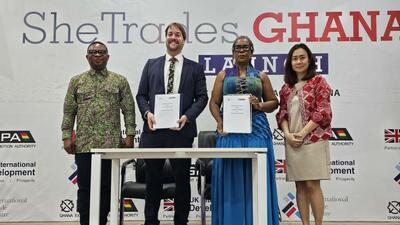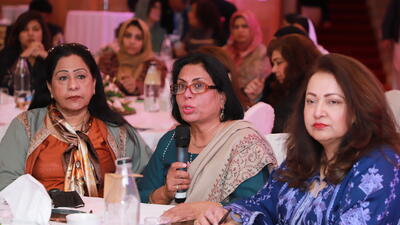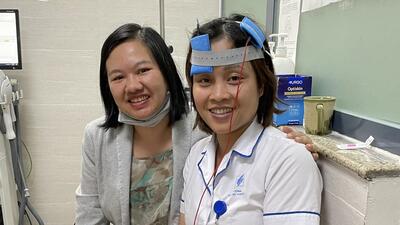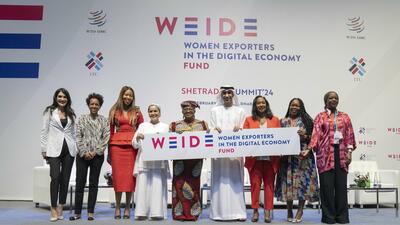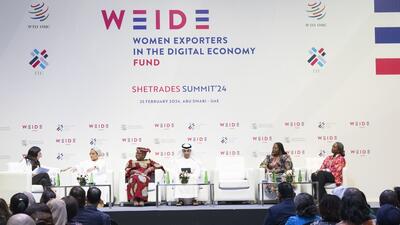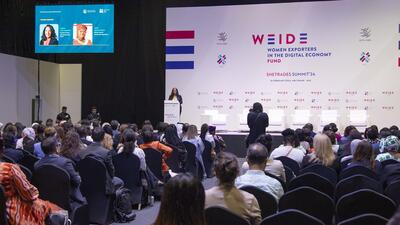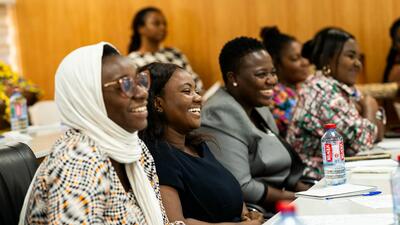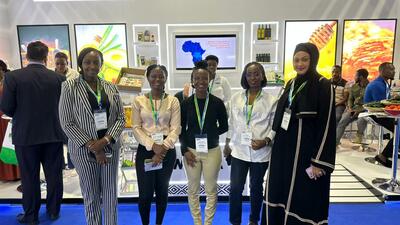Applying a gender lens to the agreements and work of the World Trade Organization
Overview
BACKGROUND
With financial support from the European Commission's Directorate-General for Trade (DG Trade), the International Trade Centre in April 2023 launched A Gender Analytical Framework for the Agreements and Work of the World Trade Organization, a step-by-step guide for integrating gender equality concerns in agreements and work of the World Trade Organization (WTO).
The gender analytical framework examines trade and trade-related impact on women (and men) through the employment, consumption, and public provision channels, and presents six categories of questions and suggestions to help policymakers operationalize a gender lens to the functions and operations at the heart of the multilateral trading system. Its insights and recommendations are a direct contribution to one of the four key pillars underpinning the mandate of the WTO Informal Working Group on Trade and Gender.
The framework paper is also accompanied by four analytical papers, which apply the framework to the following WTO agreements and negotiations:
- Joint Statement Initiative on E-Commerce Negotiations
- Investment Facilitation for Development Agreement Negotiations
- Government Procurement Agreement
- Trade Facilitation Agreement
These four analytical papers benefited from peer reviews by experts from the International Labour Organization (ILO), Public Procurement Research Centre (PPRC), United Nations Conference on Trade and Development (UNCTAD), World Customs Organization (WCO) and the World Trade Organization (WTO). They were enriched by insights shared during four technical workshops that were hosted or moderated by the Permanent Missions of Argentina, Australia, Chile, Ecuador and the United States.
SESSION OBJECTIVES
This seminar, which is co-organized by the International Trade Centre and the EU DG Trade, is organized with the following two objectives:
- To present analyses and recommendations from the gender analytical framework;
- To discuss the gender lens framework, with special attention to the four key topics of e-commerce, government procurement, investment facilitation and trade facilitation





